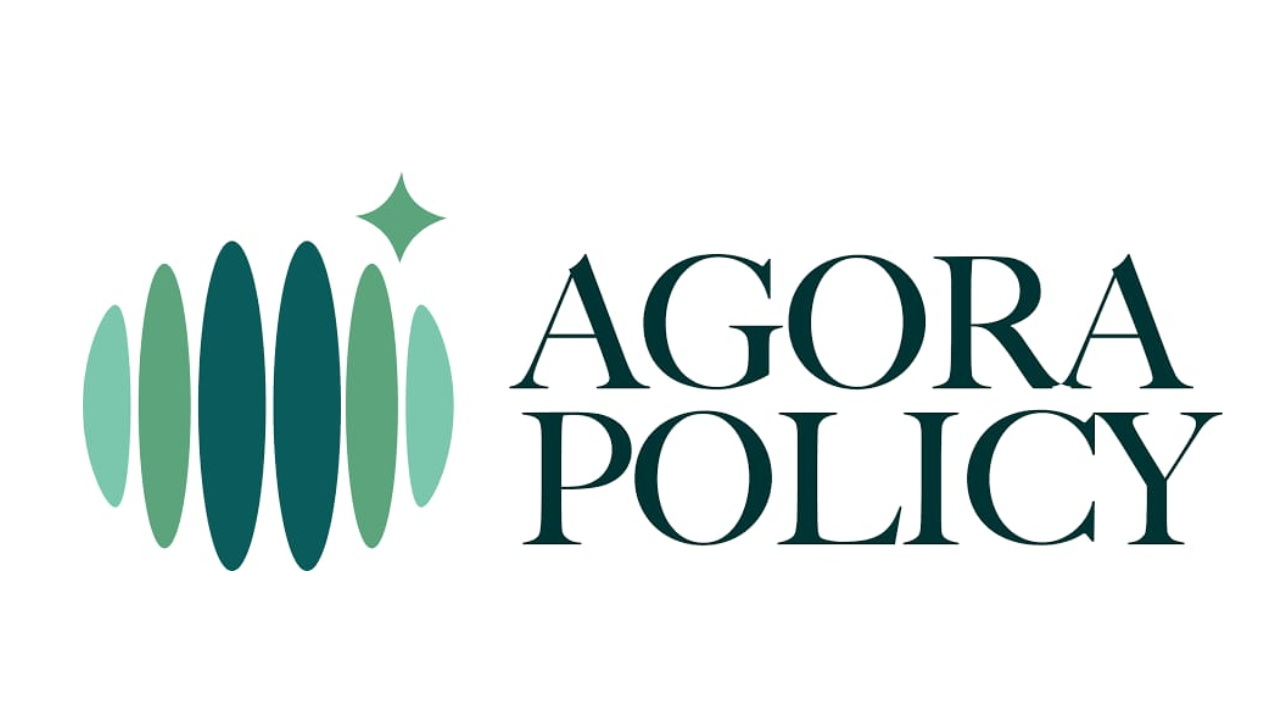Business
In a new report, Agora Policy reveals Nigeria lost $100bn to climate change, demands urgent action

Ahead of the 2023 United Nations Climate Change Conference (COP28) in the United Arab Emirates (UAE), Agora Policy, an Abuja-based think tank, has listed the severe and multiple dangers posed by climate change to Nigeria.
The COP 28 is slated to take place in the Gulf State from November 30 – December 12, 2023
The group in a report released on Sunday warned Nigeria, despite its status as one of the countries in the world with a low-carbon emission profile, may be one of the worst-affected countries by climate change unless urgent and bold actions are taken by the Federal Government and other stakeholders.
The 84-page report titled: “ Climate Change and Socio-Economic Development in Nigeria,” was put together by a team of experts in environmental and climate studies – Prof. Chukwumerije Okereke, Director of the Centre for Climate and Development at the Alex Ekwueme Federal University Ndufu-Alike, Ebonyi State; Prof. Emmanuel Oladipo, a leading specialist on sustainable development, environment and climate change; Ms. Ifeoma Malo, co-founder of Clean Technology Hub and Dr. Fola Aina, a development, peace and security expert.
Produced with the support of the MacArthur Foundation, the report is the fifth policy paper commissioned by Agora Policy to contribute to national debate before, during, and after the 2023 general elections in Nigeria.
The other four reports focused on the state of the economy, security, gender and social inclusion, and transparency and accountability.
The report highlights the different channels through which adverse effects of climate change could worsen in Nigeria and further compound the country’s developmental challenges.
These include projected 2.9- and 5.7-degree Celsius rise in temperature across different ecological zones in the country, increased occurrence of floods, droughts, erosion, and rising sea levels, the likelihood that 75 percent of the delta could be lost; and further adverse effects on agricultural yields, food security, health burdens, water and energy sufficiency, peace and security, and adequacy and longevity of critical infrastructure.
READ ALSO: Climate change destroying lives, affecting development, deputy speaker, Kalu says
The report urged Nigeria to embrace opportunities offered by the green economy and pursue a low-carbon and climate-compatible development path.
It read: “It is evident that climate change is not a marginal or peripheral issue that the government and the people of Nigeria can take lightly. Unless urgent and bold actions are taken, Nigeria risks becoming one of the worst-affected countries by climate change with grave implications for the fragile economic, social, and human development indicators.
“Climate change is compounding poverty challenges in Nigeria and impeding the attainment of Sustainable Development Goals.
“Climate change is already increasing hunger, poverty, disease burden, migration, conflict and insecurity in Nigeria. It is damaging infrastructure, changing Nigeria’s coastlines, fueling desertification, producing water scarcity, facilitating erosion, and resulting in the loss of revenue for states and the national government.”
The report also revealed that Nigeria had lost at least $100 billion annually to the effects of climate change as of 2020.
It stressed that the country may lose trillions of dollars with manufacturing, construction, and oil and gas assets likely to become stranded as the world gravitates to a green economy.
Join the conversation
Support Ripples Nigeria, hold up solutions journalism
Balanced, fearless journalism driven by data comes at huge financial costs.
As a media platform, we hold leadership accountable and will not trade the right to press freedom and free speech for a piece of cake.
If you like what we do, and are ready to uphold solutions journalism, kindly donate to the Ripples Nigeria cause.
Your support would help to ensure that citizens and institutions continue to have free access to credible and reliable information for societal development.
























